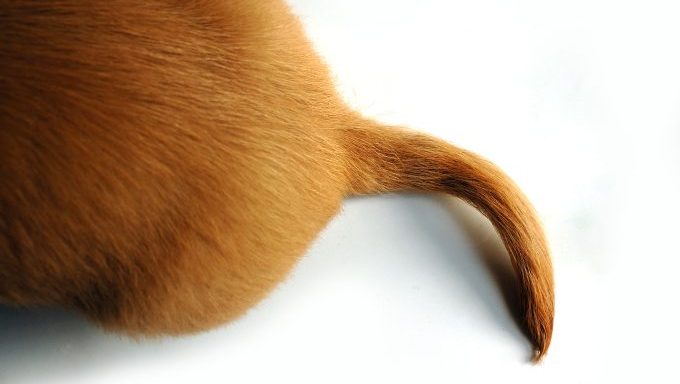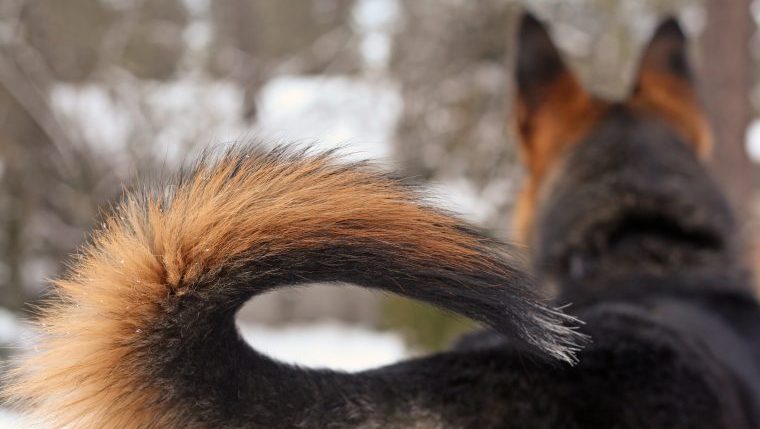
If you thought dogs’ tails served some kind of corporeal purpose that facilitated impressive acts of physical prowess, think again. New research indicates that the wagging appendages on our four-legged friends are actually less about locomotion and more of a communication…




